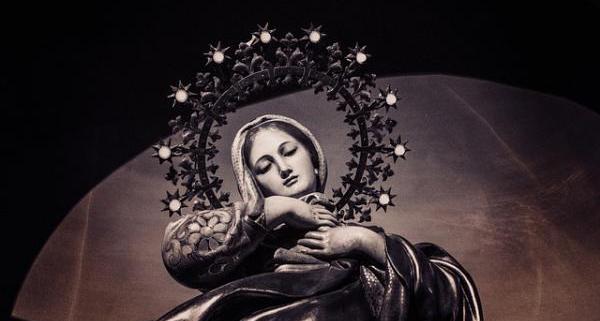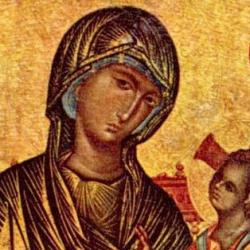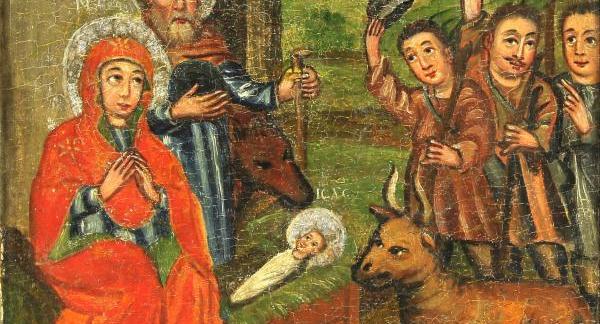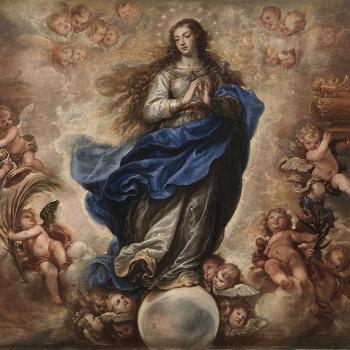In Thinking About God: An Introduction to Theology, Dorothy Sölle describes what she sees as the difference between liberal theology and liberation theology.

She explains that a crucial difference between the two approaches is that that liberation theologians explicitly utilize the present social (and economic, etc.) context as a valid location through which theological and scriptural interpretation is done–but in particular, the location of the poor as a privileged perspective (i.e. God’s preferential option for the poor has an epistemological function, too).
She concludes this section by discussing the virgin birth as a case study for thinking through differences between liberals, liberation theologians, and evangelicals.
American evangelicals take the virgin birth as “an essential element of Christian faith” (and of course, I would add, it’s not just evangelicals but traditional Catholics, Orthodox, etc.).
Liberals, on the other hand, avoid literal interpretations of the infancy narratives and reject the traditional doctrine of the virgin birth–at least as literally interpreted. She writes,
Now the liberal critics come along, open the Bible, and state that the most important authors of the New Testament do not know the story or do not mention it. Mark makes his Gospel begin with the baptism of Jesus when Jesus is already thirty, and tells us nothing at all about his childhood. What happened to the virgin Mary was not important to him, nor how Jesus was born. John has Jesus with God from eternity and does not reflect on the birth story, nor does Paul.
She goes on to briefly describe how miraculous birth stories were common motifs in the ancient world. Important ancient figures (e.g. Socrates) had miraculous origin stories–why should Jesus be any different?
And then she adds a biographical note:
I can remember the doubts about Christianity which I had when I was eighteen; one of the problems which I could not crack (not the biggest, but one of them) was this virgin birth, which I found incomprehensible. I did not know why I should believe it; whether Jesus would be better had he been born of a virgin than if he had a father. I did not understand what that would contribute to my redemption, to my liberation from sin and grief. I still remember clearly how liberated I felt when I learned from liberal theology that this part of faith was only a Hellenistic interpretation and was not essential to my being a Christian. The liberal paradigm has often liberated people from false stumbling blocks to faith (40-41).
She notes that in liberation theology, the virgin birth story is often approached differently: “here the theme of the virgin birth is not superfluous, but is bound up with the struggle for liberation. It is decisive for the liberator to come into the world from among the poor.”
As she continues to elaborate, however, how from the perspective of the poor and oppressed the story of the virgin birth appears differently than it does through the prism of liberal theology, it becomes apparent (to me, anyway) that it’s not Mary’s virginity which is liberative. It’s not Mary’s sexual purity or God’s miraculous supernatural intervention in Mary’s biology. Rather, it’s the element that through this peasant girl, in her humble state, God brings social, economic, political, and spiritual liberation through the hope of God’s presence in and work on behalf of the poor–by bringing the Messiah and Son of God into the world in a historical time and place.
Some of these comparisons and contrasts in interpretations of the virgin birth stories between conservative evangelical (and traditional Catholic, Orthodox, etc.), liberal theology, and liberation theology are explored in further detail in my (soon to be) forthcoming book, A Complicated Pregnancy: Whether Mary Was a Virgin and Why It Matters.











